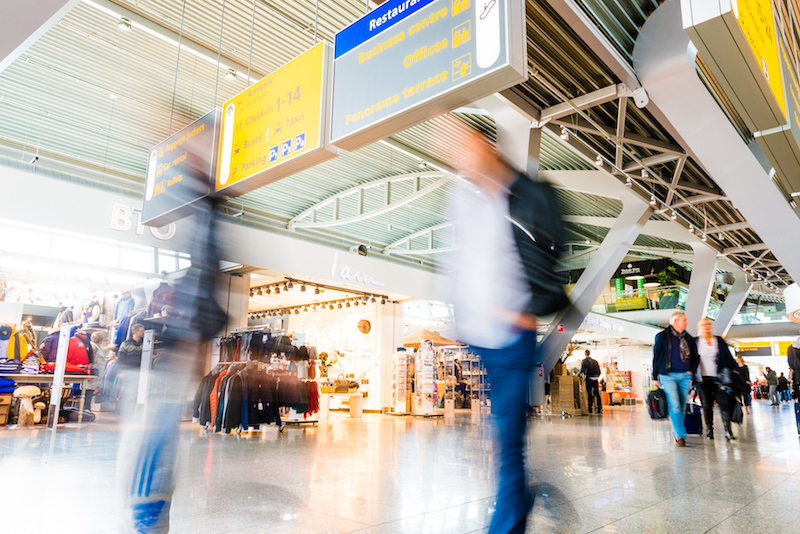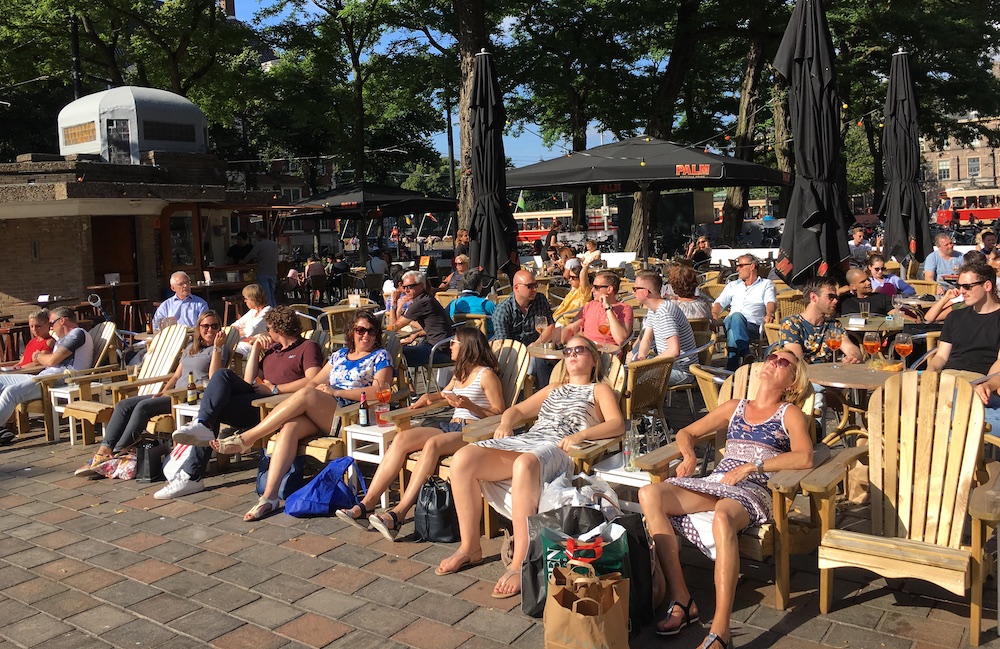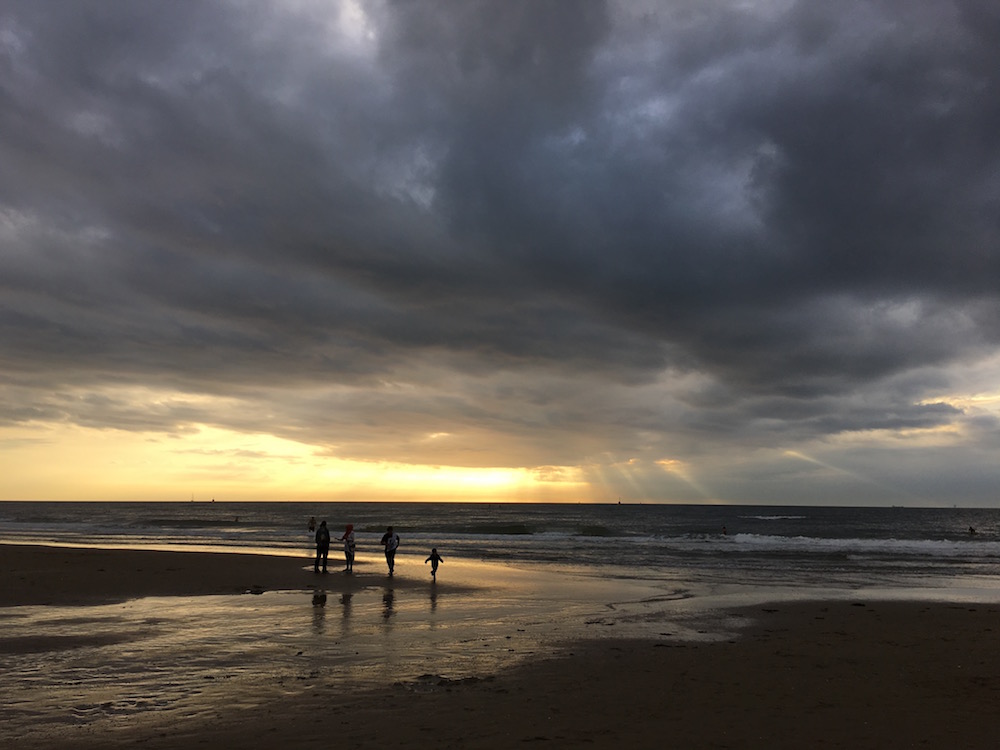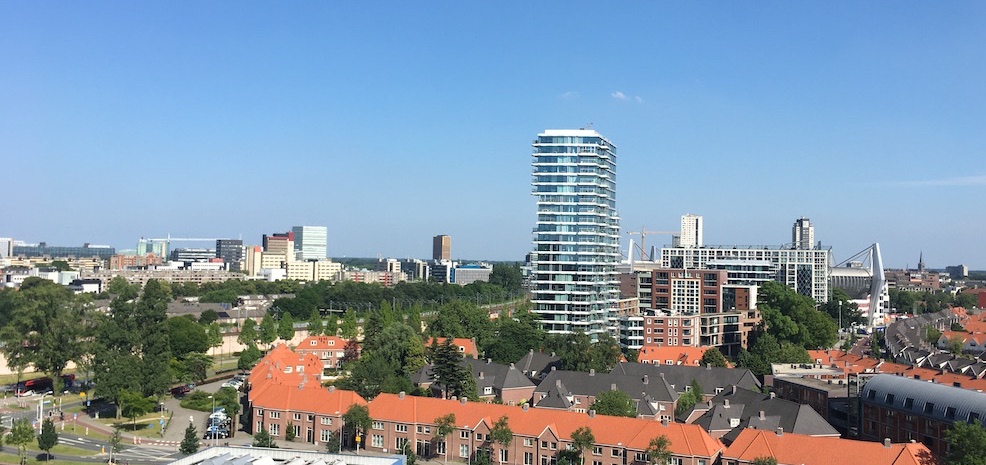(Editor’s note: With Brexit looming, many British citizens are looking for alternatives that will allow them continued access to the European Union. This is the second of two posts about options in Eindhoven in collaboration with Brainport Eindhoven. You can read Pt. 1 here.)
For many Brits, Brexit is raising serious questions about their futures, such as “Do I want to live in a country that is not part of the European Union? What will Brexit bring me in terms of economic growth and employment? If I decide to relocate, where should I go?”
Are you considering moving abroad?
Well, if you have a background in engineering or information technologies, the Brainport Eindhoven region – with its many innovative tech and IT companies in all sorts and sizes – makes sense on so many levels, including pure proximity to England. Should you get homesick, you’re back in London, Manchester or Liverpool in an hour from Eindhoven Airport.
This is Part 2 of my post about why Eindhoven is a great option for Brits.

Connected – Great access to the UK, Europe
The United Kingdom is an easy destination to reach from the Netherlands with frequent short flights from Amsterdam Schiphol , and Eindhoven Airport offers short flights to London Stansted, Manchester, and Edinburgh.
I often drive to the UK, as it’s good to have your own transport on occasion. The drive is very straight-forward … 3 to 3.5 hours (if you avoid Antwerp’s rush hour) to Dunkerque or Calais, France for frequent ferry sailings or the Channel Tunnel.
Another benefit of living in the Netherlands is close proximity to many European countries. Germany, Belgium, and France are a day-trip away and many other areas are close enough for a weekend visit by car, train or cheap flights, all without borders. This is one of the benefits I love and embrace.
I still get a thrill, even after eight years, when I can say to friends, “Oh, we popped over to Luxembourg for a weekend on the motorcycle!”

Healthcare – Different, but fast
People in every country have concerns about their healthcare system, and the Netherlands is no exception. Everyone here pays for healthcare in their taxes for the basics and are also required to take out the mandatory health insurance after a four-month grace period.
If you are from an EU country, these policies vary in price depending on your coverage.
My experience – and the experience of many other expats – is the wait lists for hospital and doctor appointments are much shorter than the UK, and the primary care from your Dutch GP can be very different. For example, doctors here are cautious about over-prescribing antibiotics or prescribing any drugs that can be addictive.
The expat joke is that you go to the doctor for an ingrown toenail or serious back pain and they will suggest you, “Go home and take paracetamol!” That may be unfair, but the approach to primary care and preventative care in the Netherlands is very different from the UK. Different, but not bad.
Saying that, I have always felt my doctor takes me seriously, and my only wish is that routine checks for women such as breast and cervical screening were more frequent.
Eindhoven, being such an expat hub, does have its own international health care facility, which approaches patients in a more familiar way.

Education – Dutch, multi-lingual or entirely in English
Many families enroll their young children in local Dutch schools. Although they must speak Dutch, children, as we all know, are sponges when young and soon learn the language. More and more schools in the Brainport Eindhoven region, however, offer multilingual education. Both in in primary as secondary education.
The Dutch education system is a familiar one at primary age with non-compulsory kindergarten at the age of four and primary education beginning at age five until 12 years old. Secondary schools are in three levels according to the child’s academic ability:
VMBO: vocational level for four years; more practical and leading to career-related education
HAVO: middle level for five years, aiming at universities of applied sciences after graduation
VWO: higher level for six years, theory-based in preparation for research universities.
If you want your child to continue his or her education in English, there is International School of Eindhoven, which covers primary and secondary education needs. It prides itself on small classroom size and integration of all cultures.

Culture – Open, unpretentious and non-hierarchical
Brits will find the Dutch interesting in their openness. The Calvinist theology has shaped society with its open “nothing to hide” approach and, consequently, it’s not unusual to see everyone’s blinds open at night or for a Dutch person to shock you with their frankness and honesty. It has taken me awhile not to be taken aback by friend’s comments.
They really do have a similar humor, right down to the infamous British sarcasm.
I can also tell you, you’ll find a work environment far different from our British approach. The Dutch strive to work toward consensus and there are more meetings and discussions than in England. While corporations are, of course, hierarchical, Dutch executives give far more weight to the opinions, observations and suggestions of all employees.
Outside the office, there are plenty of misconceptions about life in the Netherlands. Despite Amsterdam’s famous “coffee shops,” most Dutch people are not frequent pot smokers and find it very bad manners if you smoke anything on the streets. They are actually quite an unpretentious people and don’t appreciate ostentation. They are also, like the Scots, famous for being thrifty.
Cycling here is a joy as cyclists are king, and the car drivers better believe it! The cycle paths are wide and often separate from the roads, making cycling an enjoyable alternative way to travel. As the country is (mostly) flat, there no hills to struggle up!

Travel – So much to see
OK, the country is very flat, but it is also beautiful, and once outside the cities, the landscape is stunning.
The countryside is filled with green fields, woodlands, strange inland sand dunes, two substantial rivers and quaint little, historic towns filled with typical Dutch gabled houses and windmills. I am lucky enough to live in one of these cute towns, Heusden, and it truly is like living on a film set!
The Netherlands has a long undeveloped coastline as the dunes provide the country with flood defenses. Other than Scheveningen and Noordwijk, which are resort towns, you can walk for miles without seeing a single building. The sea mostly looks cloudy, but it and the beaches are clean.
Everyone knows Amsterdam, which is, of course, a feast for the eyes and filled with fantastic world-renowned museums, canals and fantastic restaurants, but outside of Amsterdam there are many cities worth a visit:
• Den Haag: the political hub of the Netherlands, close to the beach, historic and very multicultural
• Utrecht: a university city and one of the oldest cities in the country
• ‘s-Hertogenbosch: a lovely old medieval city and the birthplace of artist Hieronymus Bosch
• Maastricht: another university city close to the Belgian and German borders. Maastricht is the oldest city in the country and one of the oldest in Northern Europe.
There are many other enchanting cities worth exploring such as Delft, Leiden, Breda, and Groningen, and because the Netherlands is so small, all are easily accessible.
Eindhoven may not be picturesque or historic like Maastricht or Amsterdam, as it was on the front lines of the allied invasion in 1944. But it has its own definitive vibe and is well known as the technology and design hub of the Netherlands.
Consequently, the Brainport Eindhoven region is very international, as the local industries attract people from around the world. Dutch Design Week, GLOW, the old industrial area known as Strijp-S all offer innovative ways to entertain with a great support network for newly relocated internationals.
The Netherlands is an easy choice for a Brit. English is the second language, the weather is familiar, the Dutch have a comparable humor and, best of all, the UK is a short flight away for those homesick moments.
So go grab your hat…this is a good place to hang it!
About the author:
Jackie Harding, a British-born journalist and photographer, has lived in North Brabant for eight years. Jackie is one of millions of British citizens who will be impacted by Brexit. Jackie wrote this overview of life in Eindhoven to educate her fellow citizens about why they should seriously consider the Brainport region if they decide to work and live in the European Union.
You can see more of Jackie’s posts here.
Photographer/writer Jackie Harding was born in the United Kingdom. As a long-time expat, she lived in Boston for 12 years and in the Netherlands for the past 10 years.
Trained as a nurse in the U.K., she worked for nine years in the United States as a special education teacher’s assistant. Since moving to the Netherlands, she has discovered writing and photography.
Contributing to Dispatches since 2016, Jackie has written about her travels around Europe as well as about expat life and issues.
She also covered the Women’s March Amsterdam.
She’s married to British businessman Martin Harding and is the mother of two international adult children.















